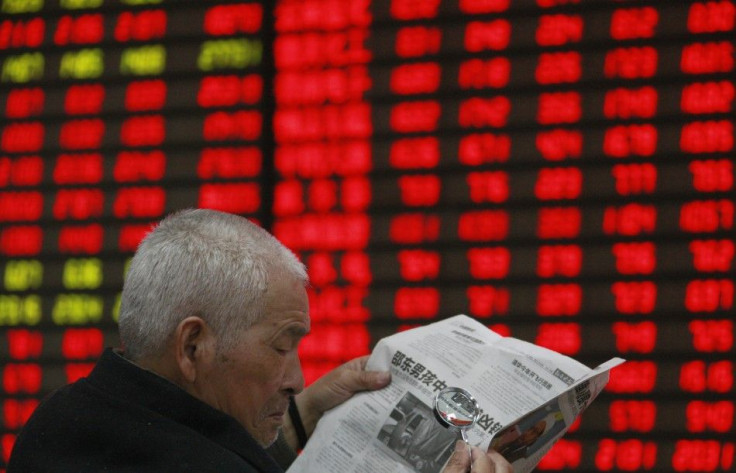Asian Markets Rise Amid Hope On China?s Growth Stimulus

Asian markets rose Tuesday as expectations that China will take measures to lift its economic growth undermined the euro zone concerns amid Spanish banking woes.
The Chinese Shanghai composite index climbed 0.86 percent or 20.23 points to 2381.60, and Hong Kong's Hang Seng rose 0.65 percent, or 123.01 points, to 18924.
India's BSE Sensex rose 0.24 percent, or 39.76 points, to 16,456.60 and Japan's Nikkei Stock Average marginally climbed 0.11 percent, or 9.10 points, to 8,602.25. South Korea's Kospi rose 1.22 percent, or 22.31 points, to 1,846.48.
Market sentiments were positive as expectations increased that China will take urgent measures to regain its growth momentum. China announced Monday subsidy rules on purchases of energy-efficient televisions and air conditioners, which is seen as a step to boost consumption and thereby encourage economic growth. The government also is expected to resume its subsidy program for boosting sales of fuel efficient automobiles.
The markets expect that strong signals from Beijing should trigger stronger investment by state-owned firms, particularly in government-promoted projects, while the prospect of an improving economic outlook may also spur investment by private firms.
Meanwhile, the developing situation in the Spanish banking sector after Bankia, the country's fourth-largest bank, asked for 19 billion euro ($23.8 billion) capital injection has affected investor sentiments. The source of concern for the market is how this capital injection will be dealt with. Officials have hinted at direct public help, which could ultimately be more of a burden for the sovereign.
Japan reported that its unemployment rate rose in April over the previous month, increasing concerns of the country's faltering economic growth momentum. According to the data released by the statistics bureau Tuesday, the country's unemployment rate rose to 4.6 percent in April from 4.5 percent in March.
© Copyright IBTimes 2025. All rights reserved.





















